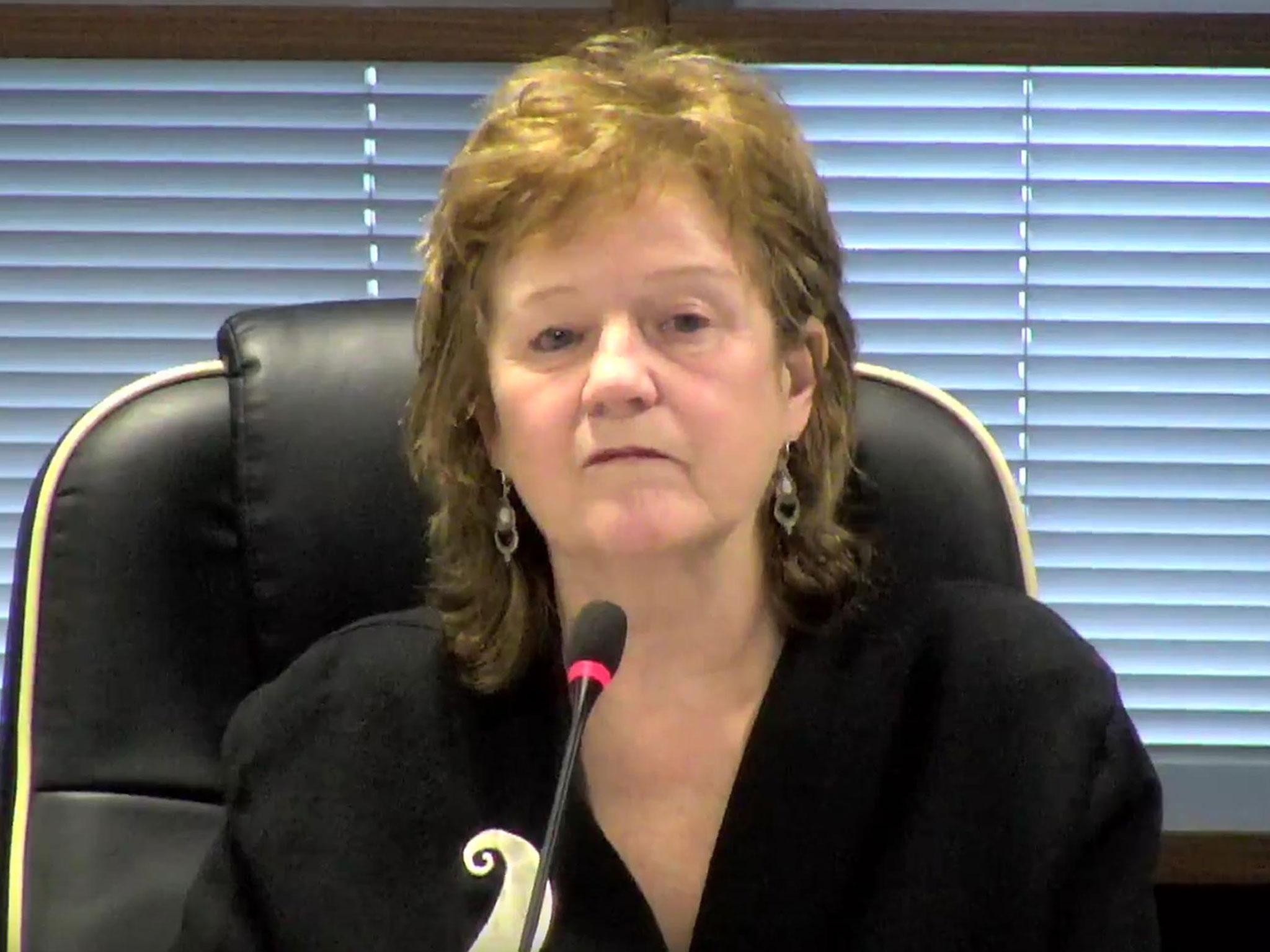British children sent overseas in migration programme faced 'unacceptable depravity', inquiry told
Thousands of youngsters were relocated, often against their will, to distant corners of the British empire

Vulnerable British children shipped overseas in a controversial migration programme were victims of "unacceptable depravity", including torture, sexual abuse and slavery, an inquiry has heard.
Thousands of children were relocated to distant corners of the British empire, often against their will, over hundreds of years, it was claimed.
The long-awaited Independent Inquiry into Child Sex Abuse heard on its first public session of evidence that many of the institutions which housed them were plagued by "widespread and systematic sexual abuse".
One former child migrant broke down as he recalled the "endemic" problem of sexual abuse at Fairbridge Farm School in Molong, Australia.
David Hill, his voice often breaking, said: "Many never recover and are permanently afflicted with guilt, shame, diminished self-confidence, low self-esteem and trauma.
"We will never be able to undo the great wrong done to these children but what is important to survivors of sexual abuse is, where this inquiry is satisfied with the evidence, to name the villains.
"Many of them are beyond the grave and are therefore beyond the law but it would bring a great deal of comfort to the people who as children were victims of these people if they were named and shamed."
A case study of the "shameful history" – focusing on the post-war period until the scheme's end in the 1970s – is being examined as part of the inquiry's protection of children outside the United Kingdom investigation.
The far-reaching probe, which has been beset by criticism and delays, is to scrutinise 13 institutions, ranging from local authorities to the army, for child protection failings.
It was claimed the UK government was complicit in the "systematic and institutional problem" of abuse spawned by the migration scheme.
Many of those taken abroad were in care or from deprived backgrounds.
The government accepted the resettlement "should not have been sanctioned or facilitated", the inquiry heard.
At the start of the hearing, counsel to the inquiry Henrietta Hill QC said: "In those institutions or schools, child migrants have given evidence they were subject to extremely harsh conditions, hard labour and physical abuse by those responsible for their welfare.
"In addition, there are allegations of widespread and systematic sexual abuse taking place in those institutions, or some of them.
"You are likely to hear very emotional accounts from former child migrants of the decades of pain they have caused."
Many were not told where they were going and "wrongly told they were orphans" or were taken overseas "without the consent of their parents", Ms Hill said.
The taxpayer-subsidised scheme oversaw more than 100,000 British youngsters, some as young as two, settled in countries including Canada, Australia, New Zealand and Southern Rhodesia, now Zimbabwe.
Australia was the destination for the majority of the children after the Second World War, where more than 3,100 were sent between 1947 and 1965.
It was justified as a means of slashing the costs of caring for lone children, meeting labour shortages in the colonies, while populating them with white settlers and providing disadvantaged young people with a fresh start, the hearing was told.
Aswini Weereratne, of the Child Migrants Trust said: "It is impossible to resist the conclusion that some of what was done there was of quite unacceptable depravity. Terms like sexual abuse are too weak to convey it.
"This was not about truly voluntary migration, but forced or coerced deportation."
The abuse that some of the children sent abroad were said to have suffered included "torture, rape and slavery", Ms Weereratne said.
Children sent abroad were largely in the care of local authorities, voluntary societies such as Barnardo's or entrusted to these organisations by parents who felt it would be "advantageous", the hearing heard.
Speaking on behalf of former child migrant Oliver Cosgrove, who was sent to Australia in 1941, his lawyer Imran Khan said: "Those who were abused tried in vain to tell others, who they hoped and believed might assist them. But they didn't.
"The fact that they knew and the fact that they didn't do anything and the fact that the witness statements are so similar in the accounts they give of abuse can mean only one thing: this was a systematic and institutional problem."
The inquiry is the first major domestic investigation into the abuse claims, following an apology to child migrants from Prime Minister Gordon Brown in 2010.
Samantha Leek QC, appearing on behalf of the Government, said: "Child migration is wrong. It should not have been sanctioned or facilitated by the Government."
The case study is expected to continue over the course of the next fortnight.
Press Association
